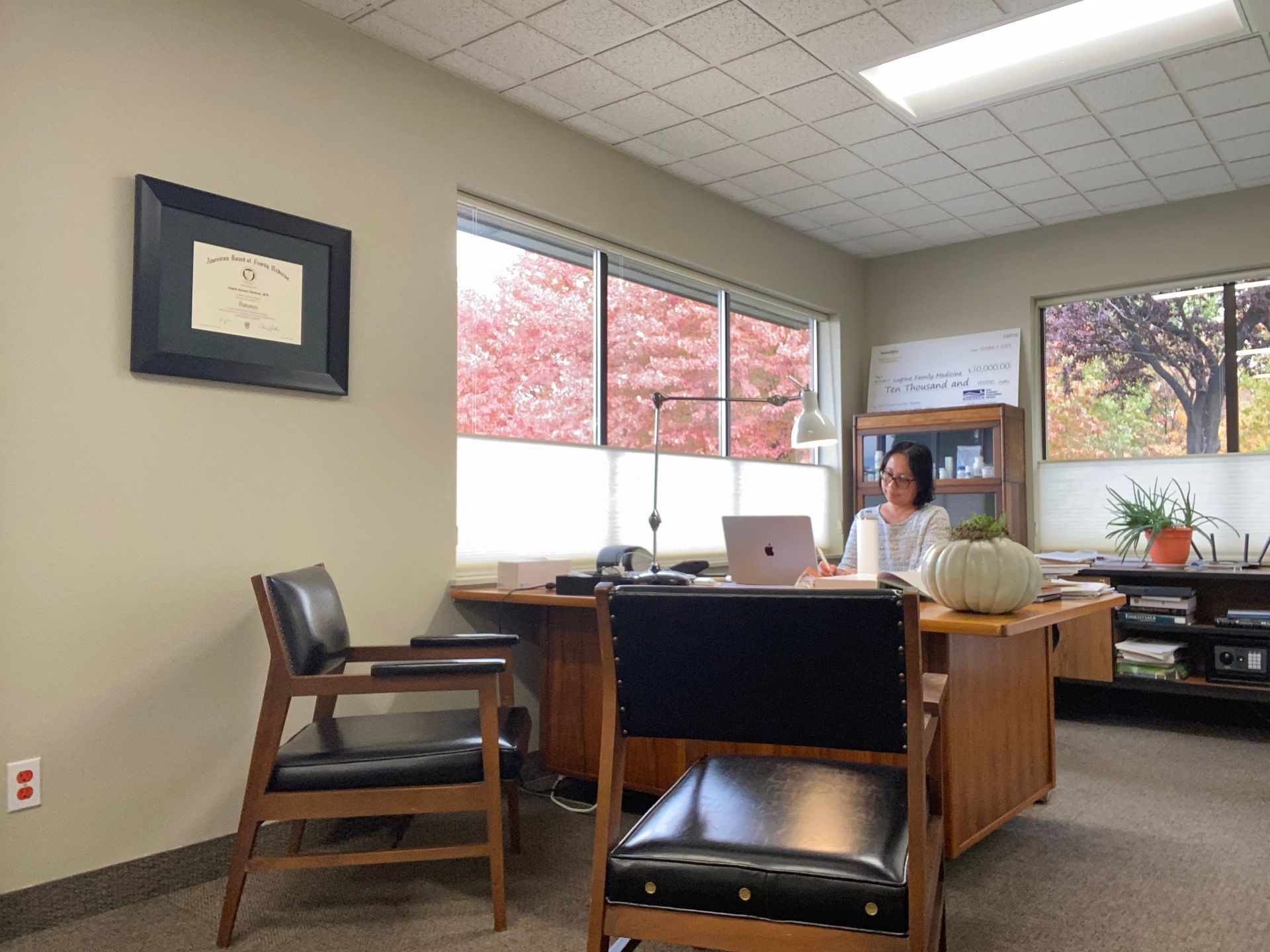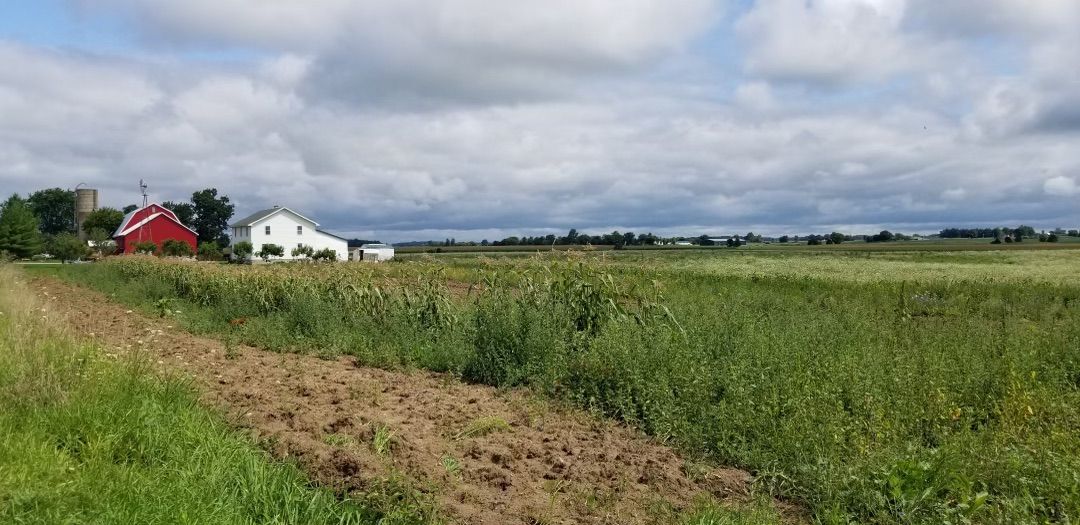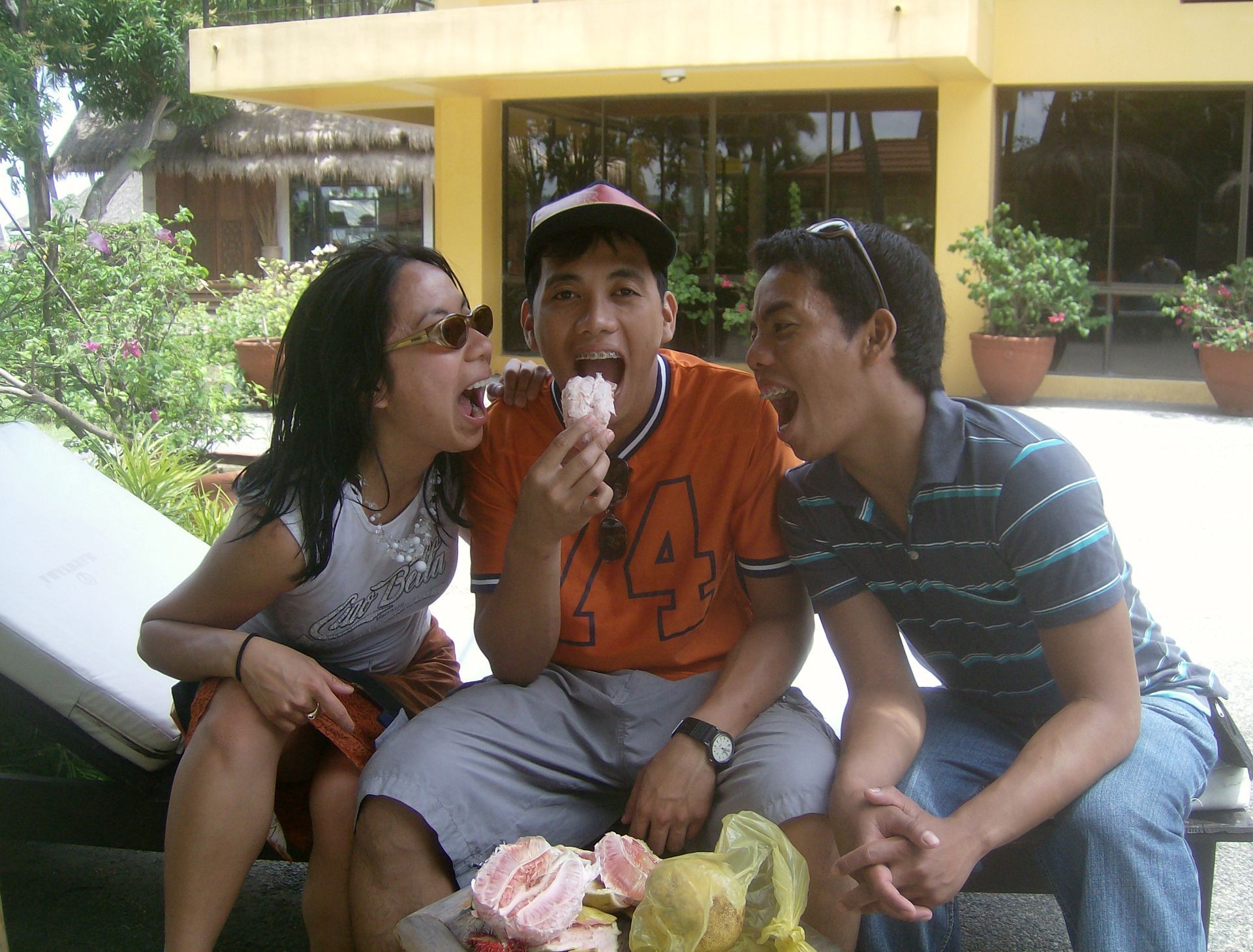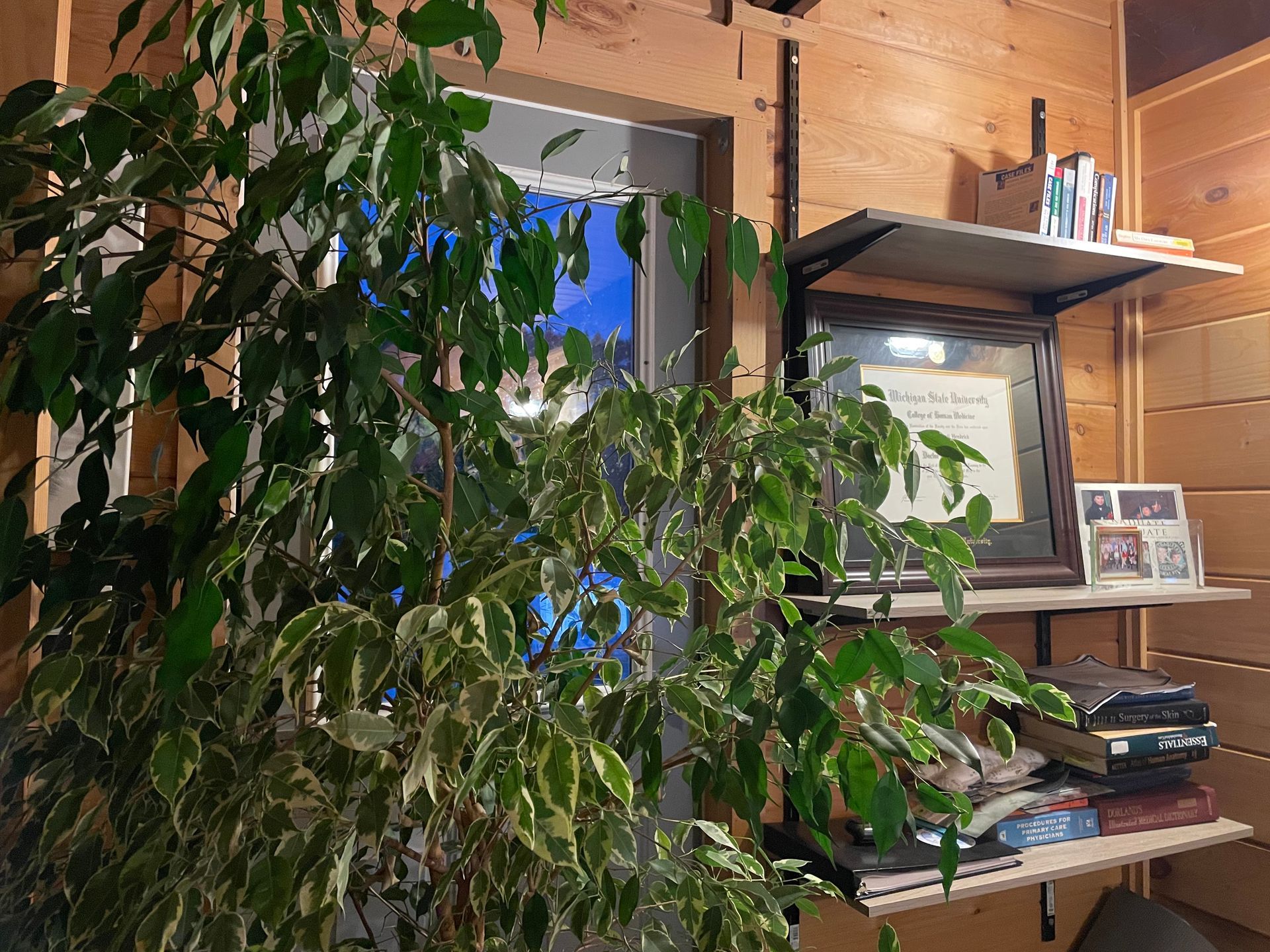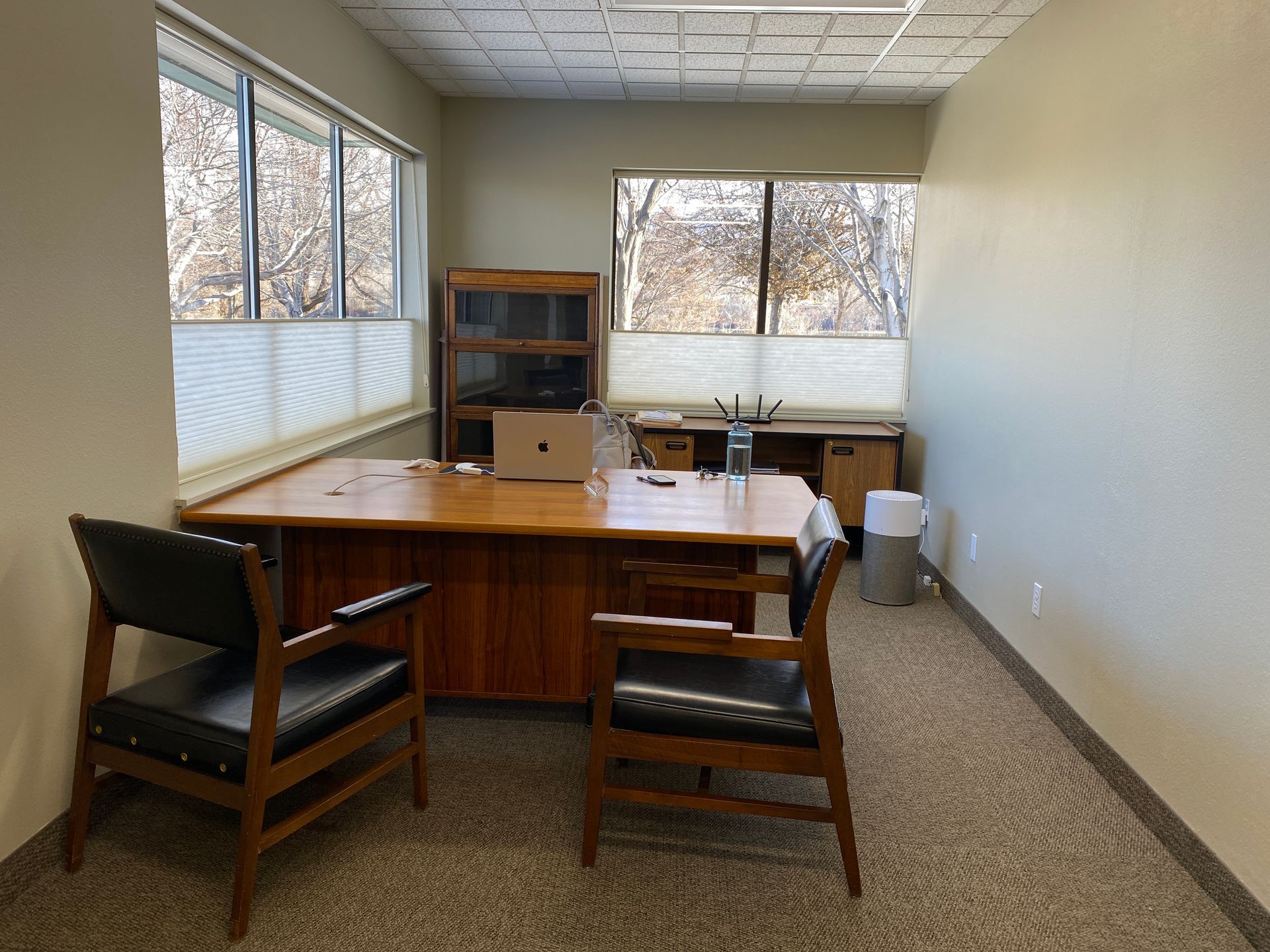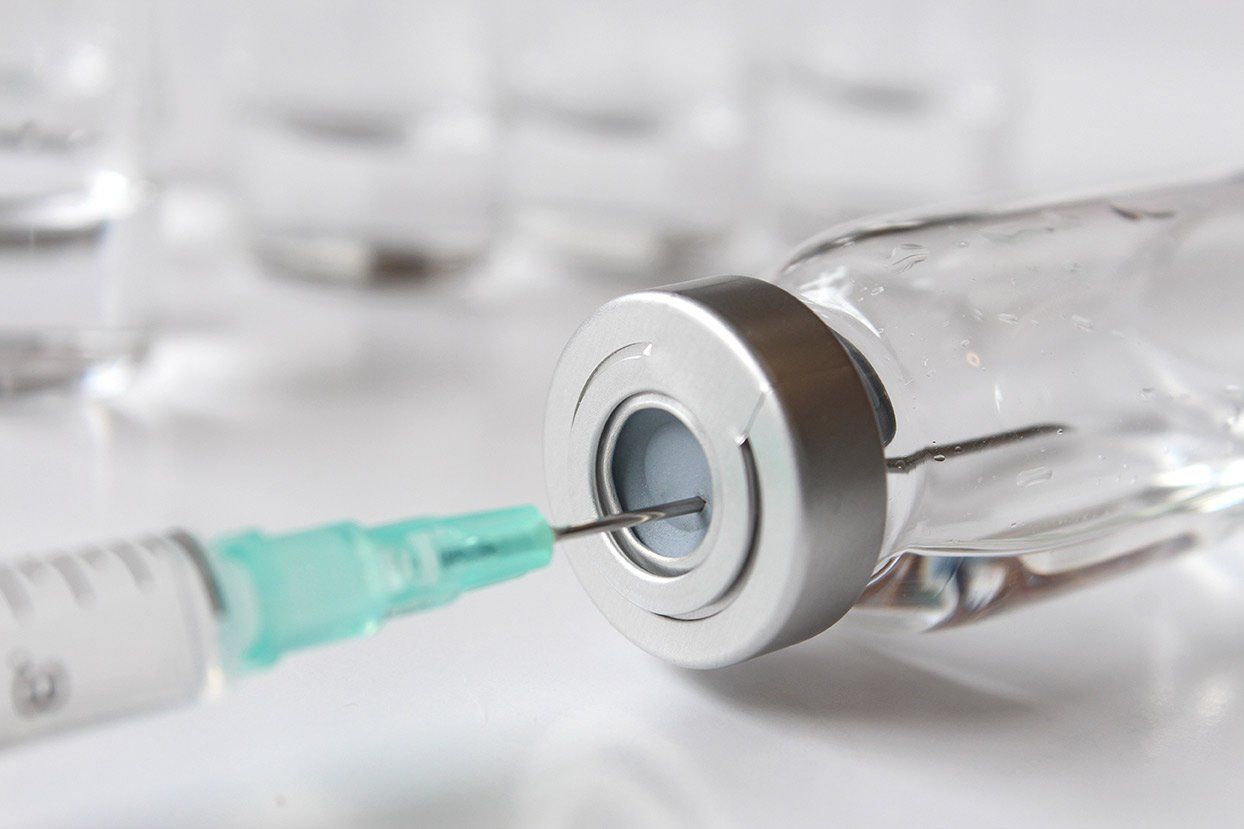5. Disclosure
Dear Reader,
For the past two weeks, winter has come early and fully at our quirky, wooden house in the mountains. It is 5 am and like everyone who has been pummeled by snowfall, my husband is plowing so he can go to work and I listen to his labor as I type.
I have been waffling between which blog posts I should complete and which to publish and in what order. I have had a lot of time on my hands yet am unable to work on the business start up due to ongoing challenges with recovering from surgery. The office itself has been fully remodeled, my exam table has been installed and the many supplies and equipment that have arrived need to be unwrapped and put away.
For this post, I did not have the poetry nor a quote to go with it because this is the first post in which I did not know my destination before I finished. I feel a prompting to communicate an underlying story or concept and it has something to do with disclosure, empathy, the Thanksgiving aftermath, and the interim time that has been imposed upon the schedule of the business startup. Thus, even if I can’t fully wrap my head around it, I chase it and perhaps I will catch it and if not, I hope the chase goes well.
(TL:DR - doctor thinks about disclosure while convalescing from surgery).
I titled this post disclosure because I have been wanting to carefully incorporate the three main purposes of this blog which are:
-record of my journey in solo practice
-authenticity
-encouragement to myself and readers
And to set clear limits for myself against abject self-indulgence and unhelpful self-disclosure.
Physician self-disclosure is an extremely under-studied subject. And I suspect it affects patient care more than most doctors would care to admit. A lot of what I have disclosed so far in this blog has come from intuition of how much to disclose to fulfill its motivation. Time will tell whether it was either useful or horrible. I have approached it in a way that is compassionate for myself.
I think that physician self-disclosure is a way to communicate empathy and establish rapport that is clinically useful for the patient. At its worst, it has been used for injurious intimacy on both sides and unhelpful, self-indulgent narrative. It seems that there can be a very thin line between empathy and injury.
I would like to “disclose” a very common patient interaction that is occurring by the millions right now in America after the many Thanksgiving dinners held across the country. But you MUST see it from two perspectives, dear Reader.
The first is from a 25 year old newly-graduated physician who had no plans to marry nor have children and has spent the last 8 years of her life reading a lot of books and taking difficult exams. The second perspective is from a mom of 2 boys who has worked 20-80 hours a week taking care of patients, even during her pregnancy and weeks after postpartum, for 15 years.
Picture this scenario: there is a patient scheduled for a 15 minute visit. It is about a child with an exhausted parent who tells the story that for the past 3 days, the child has been very congested and coughing, and can’t sleep at night and can’t eat much during the day because of this. The child is very irritable due to the hunger, thirst and fever that would come and go. And they sit across from me expectant, that I somehow had the power to rid them of this misery with just a stroke of a pen or, now that we’re in the 21st century, a click of a mouse.
In the first perspective, you can imagine the awkward, clunky conversation that the physician will attempt: that this is a self-limited viral illness. And based on exam and history (fully vaccinated, no chronic medical problems, no signs of toxicity on exam, etc), that the child will eventually get better in 2-3 days. The treatment is continued monitoring and copious saline irrigation and suctioning of the nose, and as needed ibuprofen or acetaminophen for discomfort as well as plenty of fluid intake. There is no magic wand but time and close observation.
In the second perspective, I can establish rapport in the space of less than 2 minutes by self-disclosure: I have had to wrestle my boys down with saline spray and suction their noses, too, and it is very scary to watch when their fever is so high and they look like they are having trouble breathing. And I can communicate with empathy and affirm the parent’s exhaustion and frustration due to missed work or holiday stress and expectations; and give them the prescription that this is the time for slowness, of letting productivity go in place of cuddles and close awareness of their sick child. There is a sense of kinship that can happen at this visit that is very powerful and I often can feel it when trust is established and the parent feels understood and is empowered and reassured. I will often call the parent myself in 1-2 days or have the staff do it to see how they are both doing.
Of course there are variations that play out through all of these conversations depending on the patient’s background and medical history. But I have learned that establishing rapport effectively requires experience and disclosure. And I hope that in my solo practice at Lupine Family Medicine, I will be able to use my experiences as a mom and physician to guide my patients in their journey through health and illness and also to provide them evidenced-based care while affirming their difficult experiences.
Thinking about what we do with the urge to communicate about our personal experiences and what we think we know leads me to think about the many subtleties in how disclosure is used in our society - in public and private spaces, and our expectations on what it should accomplish. In the case of physician self-disclosure, I don’t think it’s ever clinically useful to divulge anything that may make one seem exceptional or superior or different. And none of us are immune to this so we need to have awareness. I wonder if that is also true outside of the exam room, in public fora and social media, if the goal is truly to bridge divisiveness and curtail violence.
I wonder what is lupine about all of this.
I hope you all had a wonderful Thanksgiving, and that whatever sniffles and bugs that you caught after that will prime your immune system in the most awesome way possible and you get better quickly!
Sincerely,
Dr. Hendrick


